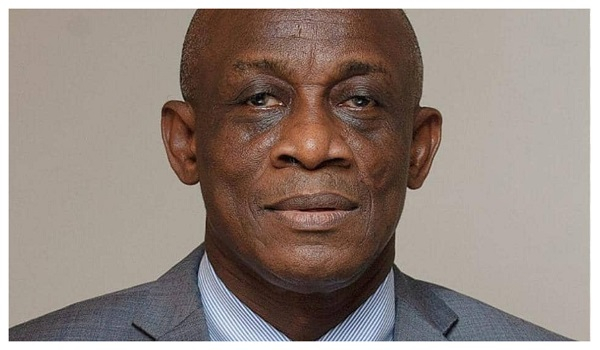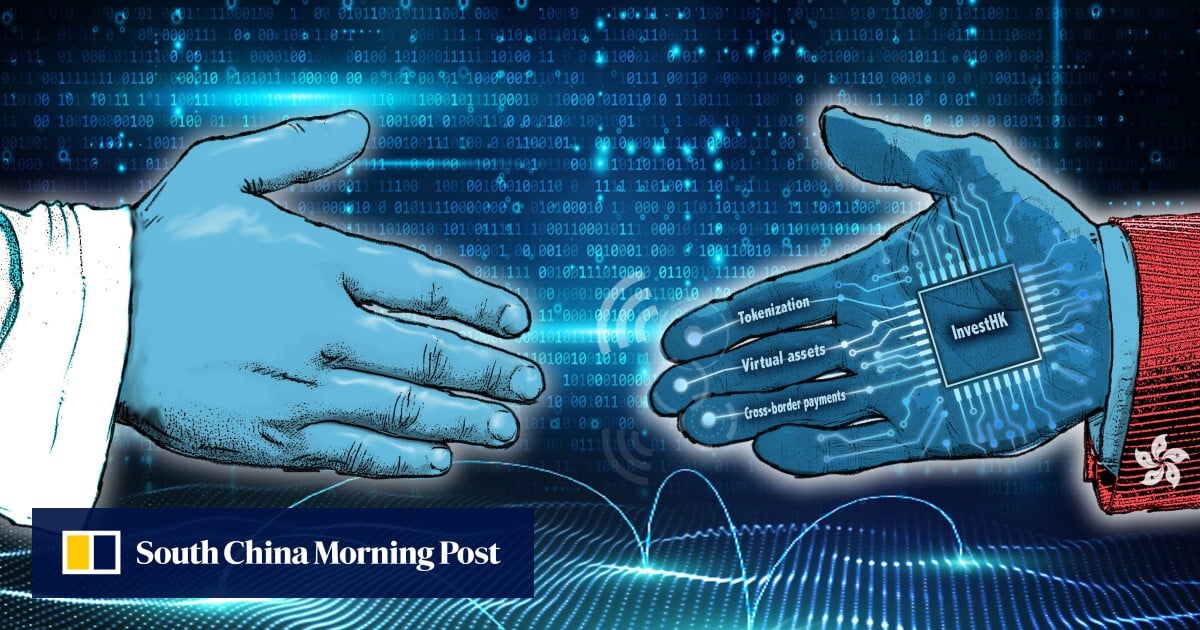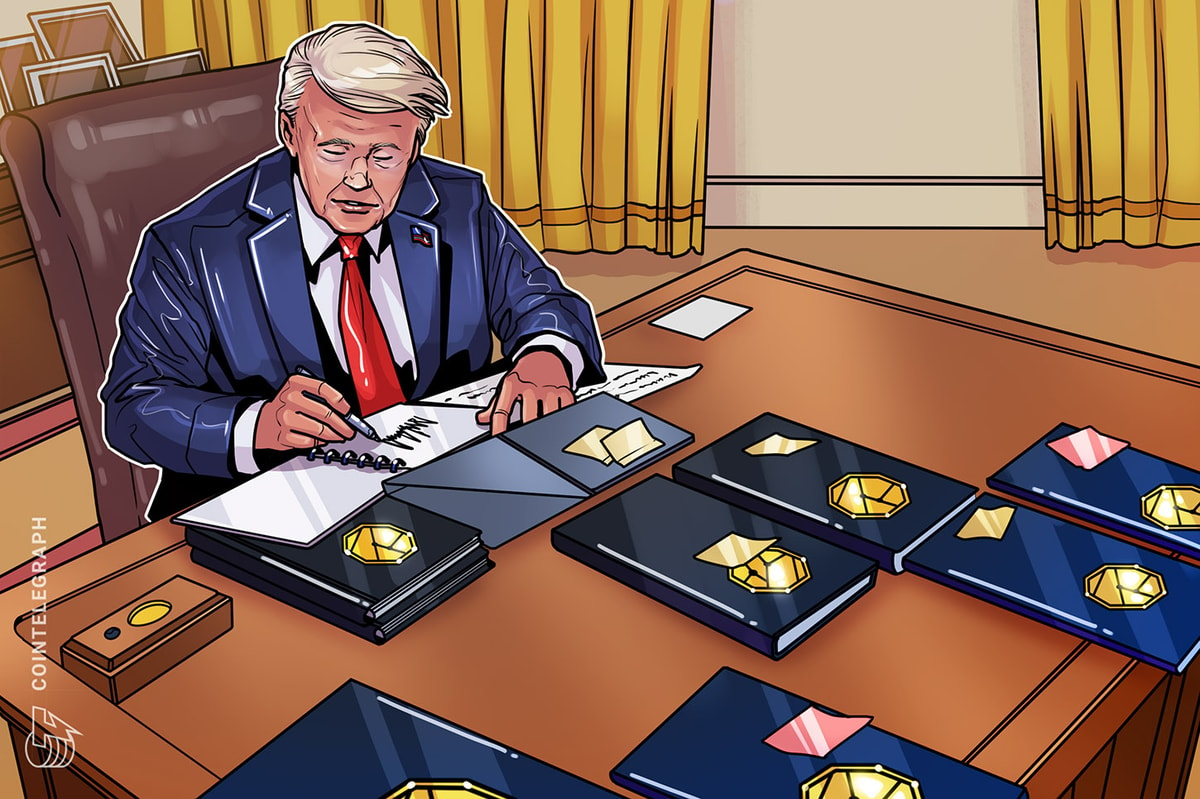Trump's military parade has troubling implications - Newsday
The military parade to be held in Washington on Saturday may turn out to be a moment of key significance — if only a symbolic one — in Donald Trump’s less than six-months-old presidency. Ostensibly marking the 250th anniversary of the United States Army, it also coincides with Trump’s 79th birthday. What’s more, it’s a well-known fact that Trump has hankered after a grand military parade since his first presidency — a desire long viewed by his detractors as an expression of his authoritarian and even monarchical ambitions. The nationwide "No Kings" protests planned by anti-Trump activists for that day are meant as a challenge to those ambitions. Will the parade and the protests become a sign of democracy’s erosion or of its vitality?
For many Americans, parades that showcase military might are associated with dictatorships — particularly the Soviet Union and its successor, Vladimir Putin’s Russia — and the sight of tanks rolling down city streets is chilling. It should be noted that such displays are not limited to authoritarian powers: Trump’s desire for a military parade in Washington was apparently inspired by his attendance at such a parade for Bastille Day in France. On the other hand, it is an event mostly alien to American political traditions. Military parades in the nation’s capital have been held only a few times, nearly always in celebration of the victorious end of a war. President Dwight D. Eisenhower had federal troops, warplanes and tanks in his inaugural parade in 1953, but he was a retired five-star general and World War II hero.
In this case, even leaving aside the overtones of a presidential ego trip, the parade coincides with disturbing indications that Trump wants to use the U.S. military to quell domestic dissent and to turn it into an army that serves his personal and political goals.
The deployment of not only National Guard troops but a Marine contingent against the immigration-related unrest in Los Angeles — where action against minor violent disturbances was warranted, but there is no indication that federal troops were necessary — seems intended not only to restore order but to intimidate activists opposing often brutal immigration enforcement tactics. What’s more, the administration and Defense Secretary Pete Hegseth take the position that the domestic use of federal troops should not be subordinate to court orders.
Even more troubling, in some ways, is the controversy surrounding Trump’s Tuesday appearance at a rally at the Fort Bragg military base in North Carolina. Uniformed soldiers, apparently prescreened for pro-Trump sympathies as well as physical fitness, were encouraged by the president to cheer his partisan speech and jeer his political opponents — former President Joe Biden as well as California Gov. Gavin Newsom and Los Angeles Mayor Karen Bass — on cue.
Some military and national security experts across the political spectrum believe this was a violation of military regulations. And the Army is currently reviewing the sale of "Make America Great Again" merchandise on the base, despite concerns expressed ahead of time by Army officials.
In such a context, Saturday’s military parade will inevitably look like an affirmation of Trump’s use of the armed forces to expand his power and flatter his vanity. His warning that protesters at the parade will face a "very heavy force" adds an ominous edge to this symbolism.
It is essential to keep the protests peaceful and pro-American. The message America receives should be that Trump’s power grab is un-American.
Opinions expressed by Cathy Young, a writer for The Bulwark, are her own.

Cathy Young is a writer for The Bulwark.











